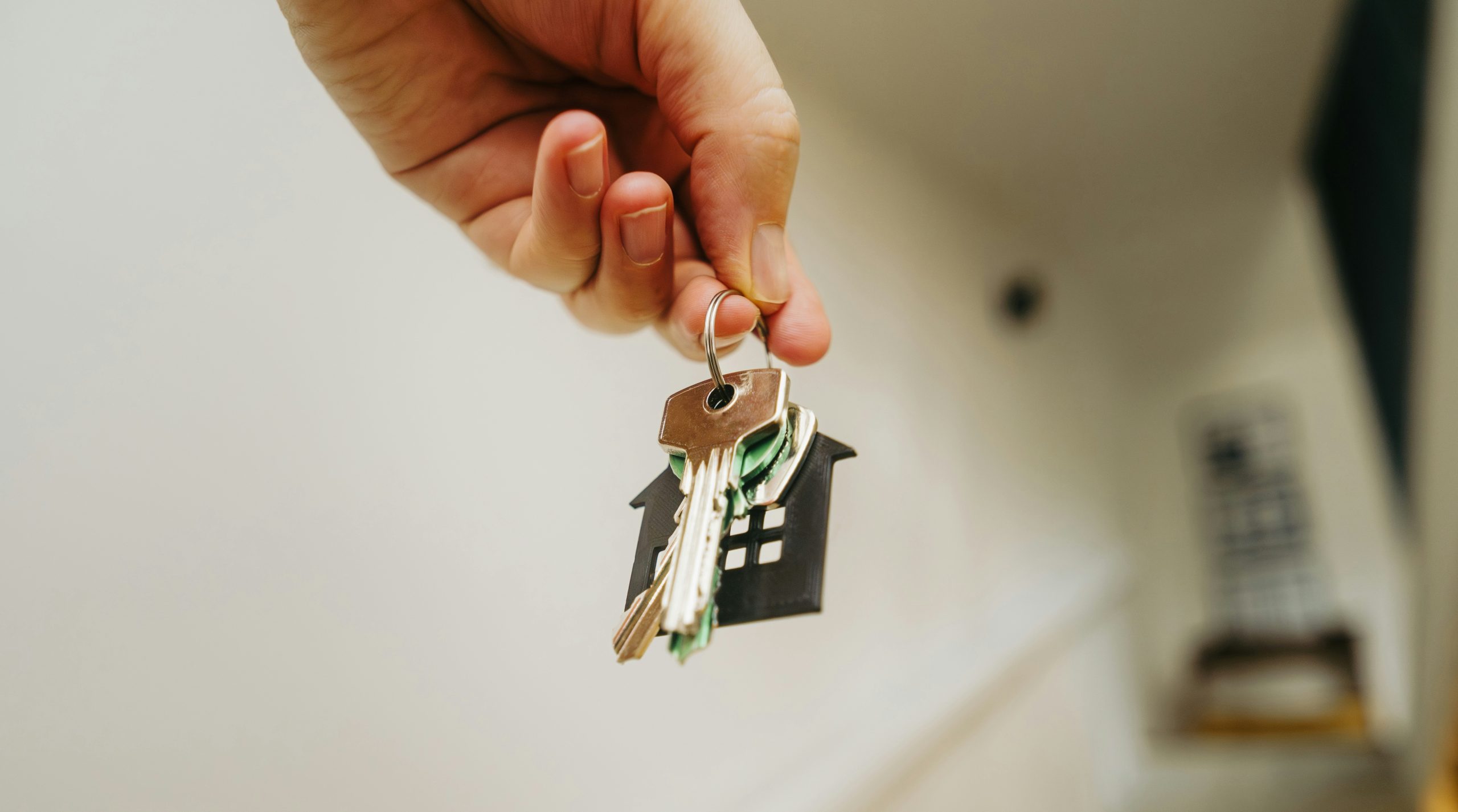Closing Costs: These are fees paid at the closing of the transaction to finalize the sale. They typically range from 2% to 5% of the home’s purchase price and include:
Loan Origination Fees: Charges from the lender for processing the mortgage.
Appraisal Fee: Cost to assess the home’s value (usually $300–$500).
Title Insurance: Protects against ownership disputes (one-time fee, often $1,000+ depending on the property value).
Escrow Fees: Paid to the escrow company for handling the transaction.
Recording Fees: Charges for registering the sale with local government.
Attorney Fees: If required in your state, for legal oversight of the closing.
Home Inspection: Before closing, a professional inspection is highly recommended to check for structural or system issues. This typically costs $300–$600, depending on the home’s size and location.
Property Taxes: You may need to prepay a portion of property taxes at closing, depending on the timing of the sale and local tax schedules. This can vary widely by region.
Homeowners Insurance: Lenders require proof of insurance before closing. The first year’s premium (often $800–$2,000+, depending on location and coverage) is typically paid upfront HOA Fees (if applicable): If the property is in a homeowners association, you might owe prorated dues at closing or an initiation fee, which can range from a few hundred to thousands of dollars. Utilities and Setup: Setting up water, electricity, gas, internet, etc., may involve deposits or connection fees, often totaling $100–$500. Miscellaneous Fees: Depending on your situation, you might encounter smaller costs like notary fees, courier charges, or pest inspections (e.g., termite checks, often $50–$150) For a practical example, let’s say you’re buying a $300,000 home. Excluding the mortgage, your costs might look lik


 Facebook
Facebook
 X
X
 Pinterest
Pinterest
 Copy Link
Copy Link
